Switzerland gears up for soul-searching national exhibition

Switzerland’s next national exhibition, NEXPO, planned for 2032, promises serious thinking and colourful debates about Swiss identity.
“You have to think of the project as a movement,” explains the project’s curator, Sybille Lichtensteiger.
Preparations for this geographically and conceptually sweeping project are well underway. The focus is on Swiss values such as social coexistence and political participation. Anyone in Switzerland can take part and contribute their ideas. In these tumultuous times that have triggered considerable soul-searching about Switzerland’s role in the world, the expo could set the stage for lively debates. Lichtensteiger says the point is unity in diversity.
A checkered past
Switzerland’s national exhibitions, or Expos, have always been special. Since it was first launched in 1883, the event has been held roughly every 25 years. The exhibitions focus on exploring pathways to the future and highlight what glues Switzerland together, namely the country’s national identity. The 1939 exhibition in Zurich and the last event which was held on the shores of three Swiss lakes in 2002 were memorable for different reasons.
The 1939 exhibition, which was launched just before the Second World War, called for the country to defend itself. This was the most nationalism Switzerland had ever displayed in history. Many Swiss refer to the event as Landi, which is a diminutive abbreviation for its German title Landesausstellung (state exhibition), but historians spoke of the nationwide event in terms of spiritual national defence. The explicit nationalism projected by Switzerland at the time was a source of shame for later generations who blamed nationalism for the World Wars.
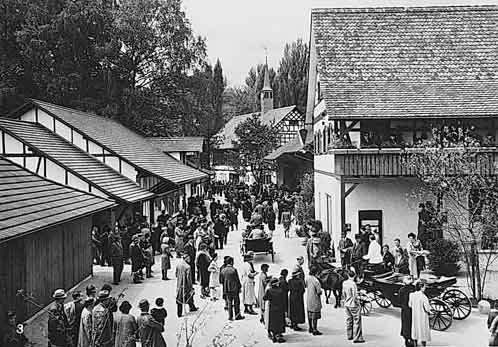
At the 1964 exhibition, Switzerland displayed a high level of optimism in technology, which in hindsight seemed a bit eccentric, even slightly naïve.
The 2002 Expo focused on the region that marks Switzerland’s language barrier between the French-speaking and German-speaking parts of the country. It invited people to come together. The event is still remembered fondly for its playful and spectacular arteplages, or lakeside platforms, that were mounted on three lakes in western Switzerland.
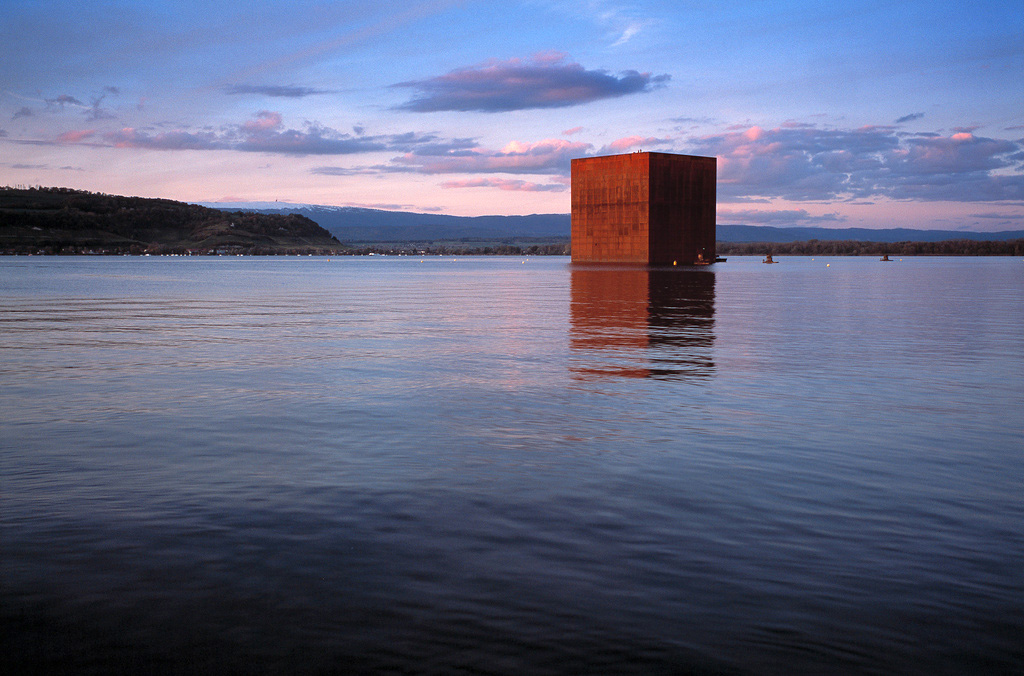
What also remains in people’s memories is the chaotic planning process when artistic directors changed, events were delayed, and budgets were exceeded.
Times of uncertainty
NEXPO 2032 is likely to spark discussions because Switzerland is struggling with issues intrinsically linked with its national identity. The struggle is manifest in its fraught relationship with Europe; scandal and upheaval in its banking sector – usually a source of national pride; and debates on neutrality and weapons export rules in the context of Russia’s war in Ukraine.

Organisers argue that the exhibit is all the more necessarily precisely because Switzerland is confronting such questions. “In times of uncertainty, we need cohesion to cohabit,” says Alec von Graffenried, mayor of Bern. He is one of the representatives of the ten biggest Swiss cities that came up with the concept during an informal meeting in 2016.
Von Graffenried thinks Switzerland needs to work on a vision of what it wants to be in the future. “We are losing shared moments as a society,” he says.
Switzerland – a nation united by choice?
Zurich’s mayor, Corine Mauch, poses the rhetorical question: “Are we a nation that is united by choice? Do we live in solidarity?” She believes that social cohesion needs constant care, hence there is a need for this exhibition.
The management of the event describes the exhibition as a project in which the journey is the destination.

The concept puts the event’s budget at CHF600 million ($665 million), half of which should come from the Swiss government. But this money has not been pledged yet. The government does not want to talk about funding until 2028.
The exhibition is due to take place in all language regions, cities, agglomerations, rural areas and mountainous regions across Switzerland. “It builds bridges between the centre and the periphery,” says the newsletter. In addition to the ten cities that initiated the event in 2016, 26 other cities and municipalities in 18 cantons have now joined the venture.
Calls for sustainability
Three key considerations inform planning for the event. First, organisers are taking into account the results of a representative survey conducted among the Swiss population in 2022. It found that 74% of respondents were in favour of a national exhibition, while 79% would like to be involved and a whopping 83% said it must be climate neutral.
Second, they had to meet some conditions set by the government. The latter stipulated that the event should be broadly anchored in the economy and society. Another condition is sustainability, both in terms of cost and the environment. Lastly, the government demanded an inclusive event, involving all those who had already submitted ideas for the national exhibition.
The event was initially scheduled for 2027 so brainstorming was well underway. In addition to NEXPO 2032, the cantons in northwestern Switzerland are currently working on their own project dubbed Svizra, while the mountain regions are planning another event under the name Muntagna.
Third, the unprecedented decentralisation of the event imposed the need for innovation. “The Expo used to be in one place; then in one region and now it’s getting even bigger,” notes Filippo Lombardi, representative for Lugano in Italian-speaking Ticino. He says the goal of the 2032 edition is for people “to embrace unknown places and new situations”.
NEXPO 2032 may not bring crowds together in one single location but, if organisers successfully execute their vision, it will still create a shared experience that sparks a sense of national unity and momentum.
Translated from German by Billi Bierling/ds
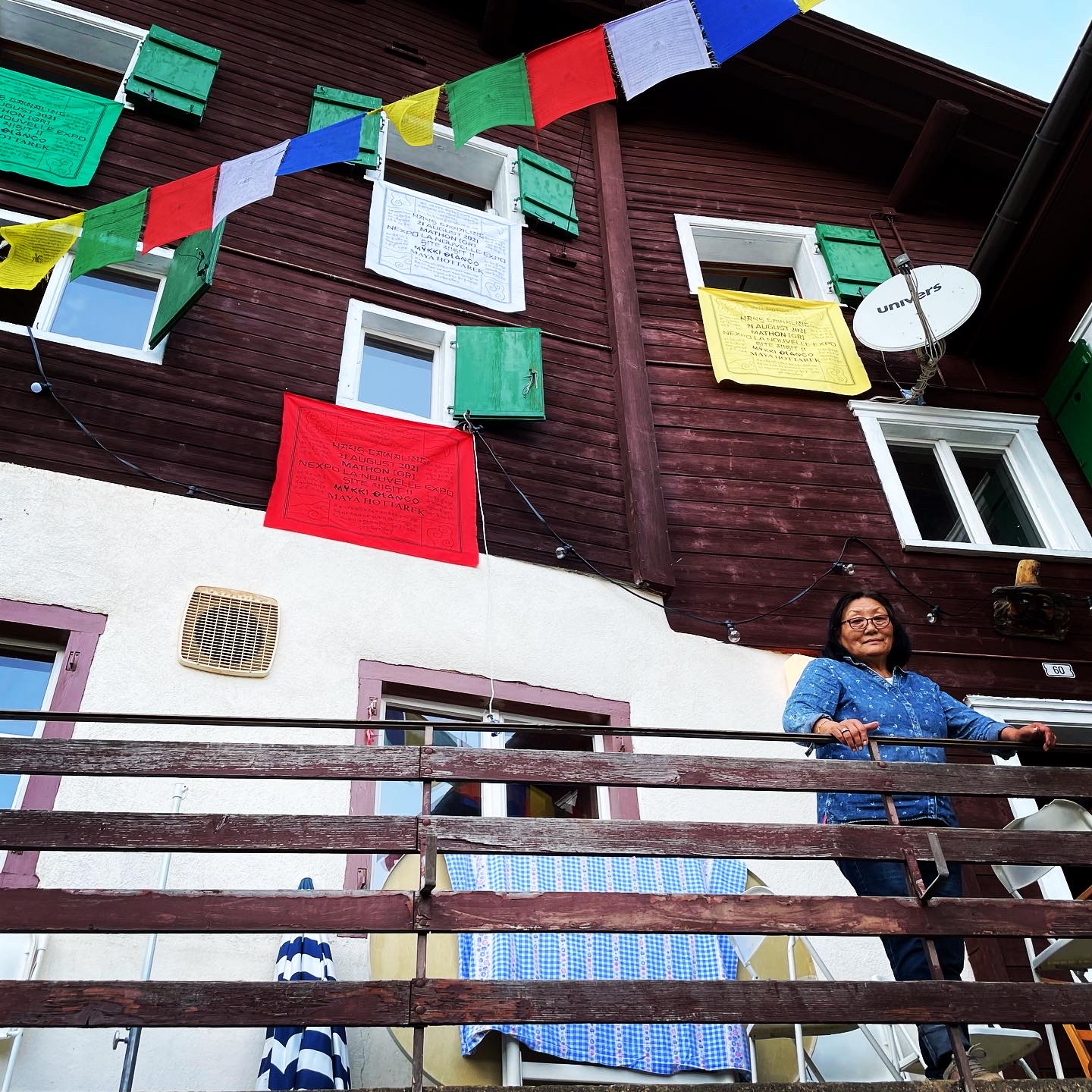
More
The next EXPO wants to scale down Swiss megalomania

In compliance with the JTI standards
More: SWI swissinfo.ch certified by the Journalism Trust Initiative









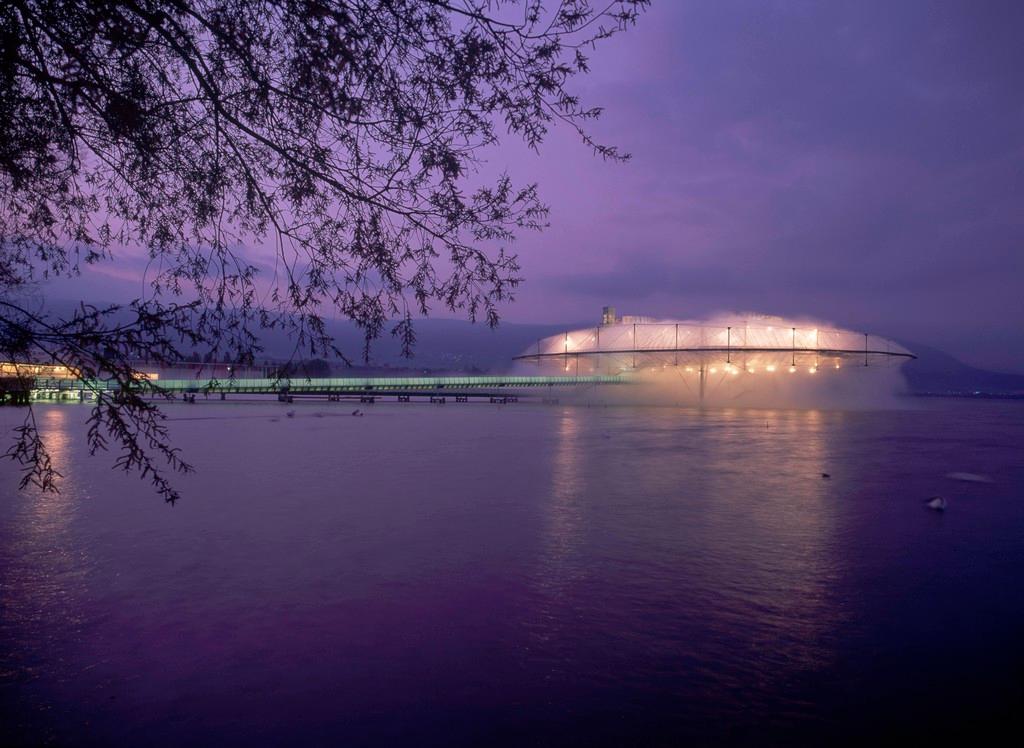
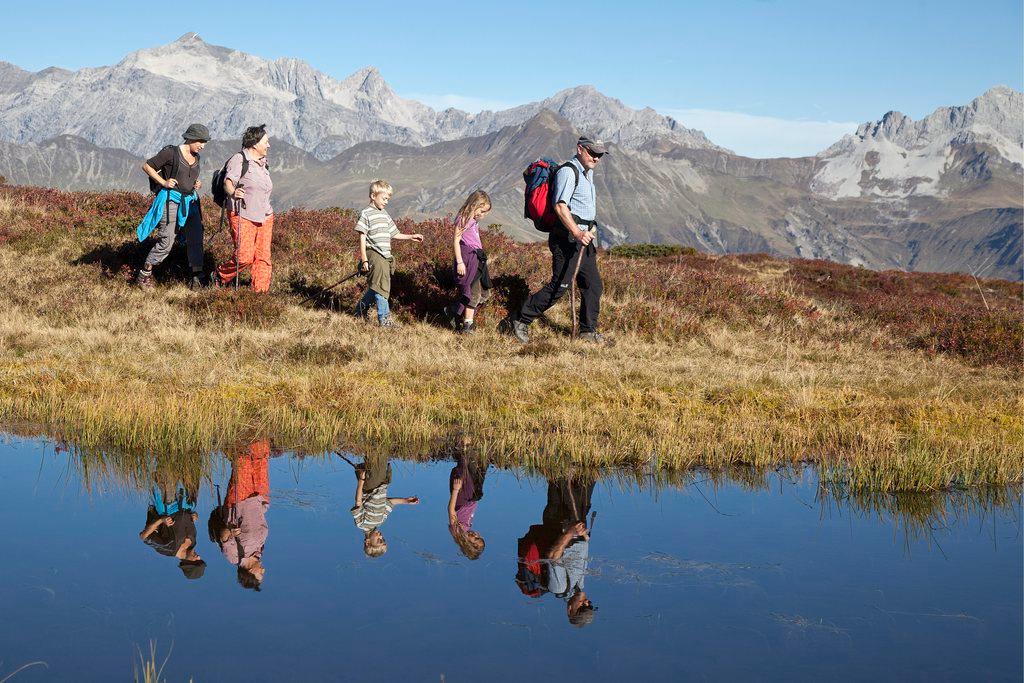


You can find an overview of ongoing debates with our journalists here . Please join us!
If you want to start a conversation about a topic raised in this article or want to report factual errors, email us at english@swissinfo.ch.